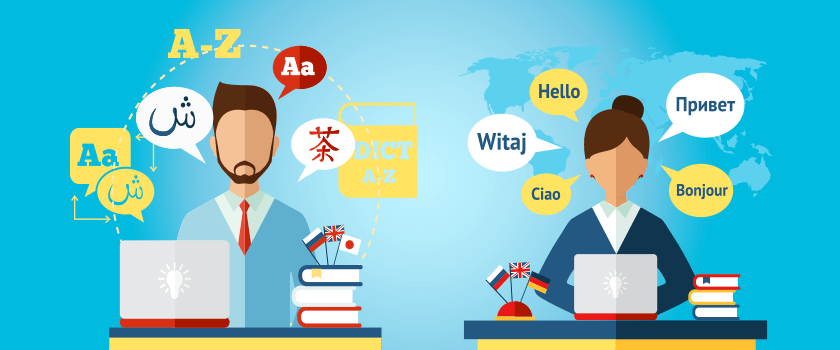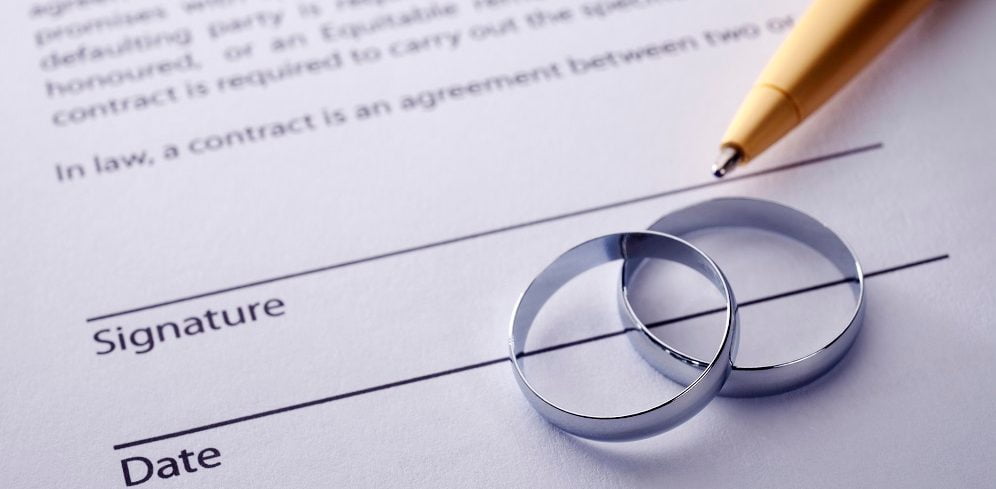The world in which the Dubai economy is becoming very globalized is where success in any business communication requires precision. Being one of the most vibrant business centers worldwide, Dubai draws a great number of alliances and joint ventures between European and Emirati businesses. Cooperation with German companies has become especially noticeable among them. The good engineering, manufacturing and technological innovation reputation in Germany has seen an increase in demand in translating the German business contract into the English or the Arabic language to use in the Dubai country.
Nevertheless, interpreting a German business contract is much more complicated than merely changing the words in a particular text into another language. Legal and commercial documents have certain terms, commitments, and connotations which have to be the same in all languages. A simple mistake in wording or an incorrectly interpreted provision may be disastrous in legal or financial terms. The skill of translation of such contracts is not as much about the linguistic quality of English and Arabic but also about the knowledge of the legal systems and the cultural backgrounds of the German and the Emirati business setting.
The Importance of Correct Translation of German Contracts
German contracts are famous with their accuracy and detailedness. The German legal system is also based on civil law and heavily depends on the written agreement where each term, verb, and clause does count. The significance of accuracy is even more acute when these documents are translated to be applicable in Dubai, which is a jurisdiction that follows a mixture of civil, common, and Sharia-based law.
A well translated agreement would mean that the rights, duties and expectations of all parties would not be changed in accordance with language. It also protects the adherence to the regulatory framework of Dubai, where the government tends to insist on the official certification of those translations provided in the form of documents in various government offices, free zone authorities or courts. Simply put, a well translated contract ensures commercial integrity and legal enforceability.
Such misinterpretations may result in misunderstandings among the partners, interpretation disagreements and even termination of the contract. In example, translating a word like a Gewahrleistung (meaning, warranty or liability, as per the German law) would totally change the meaning of a contractual duty in an agreement in Dubai.
Good Practices in Translating German Business Contracts
Ensuring the quality of translation can be based on the first step of employing certified legal translators who are not only capable of linguistic knowledge but also the knowledge of legal terminology in Germany and UAE. Translations of any legal document that is supposed to be used in the official aspects are supposed to be translated or verified by translators who have been accredited by the UAE Ministry of Justice in Dubai. With this certification, the document that has been translated has the equal legal force as the original.
It is also crucial that the translator should be able to convey the meaning instead of the wording. German contracts are usually full of long and compound nouns and complicated sentence constructions. An exact translation can be very literal but it can misinterpret meaning. Instead, the translators should decode the meaning of every clause and translate them in a natural and correct way in English or Arabic. An example is a phrase such as Vertragsstrafe, which directly translates to contractual penalty but in a UAE commercial setting, the best translation of it would be a liquidated damages clause. This kind of contextualization makes certain that the translated contract is clear and legally binding in language.
Coherency within the whole document is another important point. Legal translation requires consistency on application of terms in the contract. The translation of a term into different sections will cause ambiguity and undermine the legal status of the contract. In order to be consistent, professional translators usually use tools of translation memory or glossaries which make sure that the same terms of law are used consistently.
Cooperation between the translators and the legal professionals also enhances the quality of translation. As a means of making sure that the contract is not merely translated correctly, but is also compatible with local legal norms, consulting with lawyers that are well versed with both jurisdictions should help in this matter. Certain provisions of the German contracts including the good faith, limitation of liability and termination provisions might be interpreted differently by the UAE law. Such gaps can be addressed by legal examination of such translations, which would avert possible clashes in the future.
Finally, one should be sensitive to cultural and jurisdictional differences. The contracts in Germany are more detailed and comprehensive, which is a characteristic feature of the legal culture of Germans due to their accuracy. Conversely, Emirati contracts can focus on transparency and fairness to both sides and integrate the concepts of the Islamic law. It is hence the responsibility of the translators to revise some of the references or words so that the translated document can be acceptable to the local legal and cultural context. To illustrate, a force majeure clause in a German contract may also have to be extended to make reference to those events, which are subject to restriction by the German government, or even by the royal decree, but which fall within the language of the UAE law.
Mistakes in Translation of German Contractual Documents
Even with the increased access to professional translation services the average mistakes still happen when translating German contracts to the companies with their headquarters in Dubai. The most common error is the very literal translation of legal terms. Some of the terms in the German law can not be directly translated into English and Arabic and must be conceptually translated. An example is the Eigentumsvorbehalt, which means the reservation of ownership, but in English law, it is better called a retention of title clause. Failure to identify this distinction may cause the misunderstanding of the rights of ownership.
The second typical issue is the negligence of the differences between Emirati and German legal systems. A translation can be grammatically correct, but it can be invalid under the legal context of Dubai as it oversteps the local business laws of the city. Arbitration, law governing and jurisdiction clauses should be translated with a clear idea of how these clauses will be applicable in the UAE law. Indicatively, certain contracts that have acquired foreign arbitral locations might have to be modified to provide enforceability in the Dubai legal system.
Inequalities in terminology are also a major problem. The translators who apply various forms of the same word in a document like switching between agreement, contract and arrangement can occasionally give rise to legal ambiguity. Coherence is crucial in the preservation of legal consistency of a translated document.
Formatting errors are also a source of problems despite being ignored in a number of cases. In legal contracts, the important ones are the numbering of the clauses, the indentation and the cross-referencing of the clauses. When lost through translation, it is hard to track certain parts or phrases and it may cause misunderstanding or even controversy.
Lastly, even a technically perfect translation may be denied by the authorities in case of absence of appropriate certification. Foreign language official documents are required to be translated in Dubai and appraised by certified translators accredited by the Ministry of Justice and in certain situations, notarized or legalized by the UAE Embassy or the Ministry of Foreign Affairs. It is possible that without these formalities even properly translated text cannot be accepted as a legal one.
Summary: Accuracy as a Corporate Defense
Language alone is not enough when it comes to translating German business contracts to companies in Dubai. It requires an equal knowledge of law, business and culture, and language. An instance of a mistranslated clause may put a strain on the commercial relationship and lead to an expensive lawsuit.
Legal expertise in combination with cultural awareness and linguistic accuracy has the best chances of producing the best results. Engaging qualified translators, as well as legal practitioners in both countries, would help to ensure that all the clauses, definitions, and obligations do not go beyond what they aimed to do in response to the UAE regulations.
In such a globally connected setting as Dubai, proper contract translation is not merely a formal prerequisite, but a strategic protection. It shields businesses against legal uncertainties, nurtures trust among global partners and ensures integrity of business dealings. Investing in professional translation is a clear, compliance, and long-term winning investment to companies that are interested in Germany-Emirati trade.


